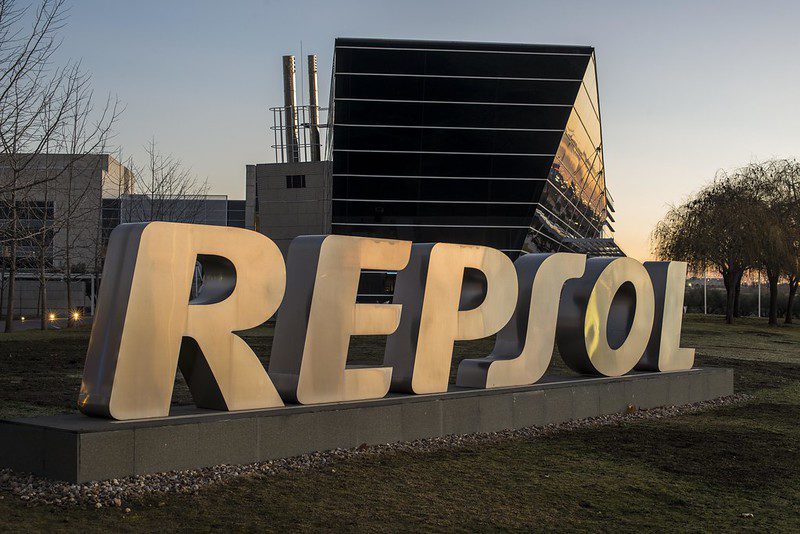The CEO of Spanish oil major Repsol, Josu Jon Imaz, addressed the obstacles hindering global efforts to reduce dependence on oil and gas, emphasizing the challenges faced by clean hydrogen and renewable energy initiatives. Speaking at the World Petroleum Congress in Calgary, Imaz highlighted the need for regulatory frameworks that promote rather than restrict the transition to cleaner energy sources.
Imaz acknowledged the promising potential of carbon capture technology, noting that it has reached a cost-effective point, justifying large-scale implementation in certain regions. He emphasized the importance of a regulatory approach that encourages innovation rather than imposing bans or punitive measures.
See also: IRENA Calls for Global Embrace of Biofuels, Hydropower, and Geothermal Energy Beyond Solar and Wind
“We need an open-minded regulator, not banning (some products), not promoting with a stick, promoting with a carrot,” Imaz stated, underscoring the importance of balanced and forward-thinking regulatory policies.
One of the key challenges facing the development of clean hydrogen as an alternative to traditional fossil fuels is the high cost of electricity required for emissions-free hydrogen production. Imaz also pointed to the fragmented and inconsistent tax and regulatory policies across different regions as obstacles to progress in the renewable energy sector.
Imaz cited the U.S. Inflation Reduction Act as a positive model for the European Union to consider. This legislation offers government incentives to support the development of low-emission technologies, including carbon capture and clean hydrogen production, providing a potential framework for promoting cleaner energy solutions.
See also: European Investment Bank Grants Repsol USD 638 Million for Spanish Renewables Expansion
Repsol, in alignment with its commitment to renewable energy, has launched an ambitious plan to develop renewable energy sources. The company aims to install wind, solar, and hydro-power plants with a combined capacity of 20 gigawatts by 2030. Additionally, a significant portion of the $4.8 billion raised from the sale of a 25% stake in its oil business will be channeled into renewable projects, demonstrating Repsol’s dedication to a sustainable energy future.
Imaz’s remarks underscore the complexities and challenges of transitioning away from traditional fossil fuels, emphasizing the need for collaboration, innovation, and supportive regulatory environments to accelerate the shift toward cleaner energy sources on a global scale.

